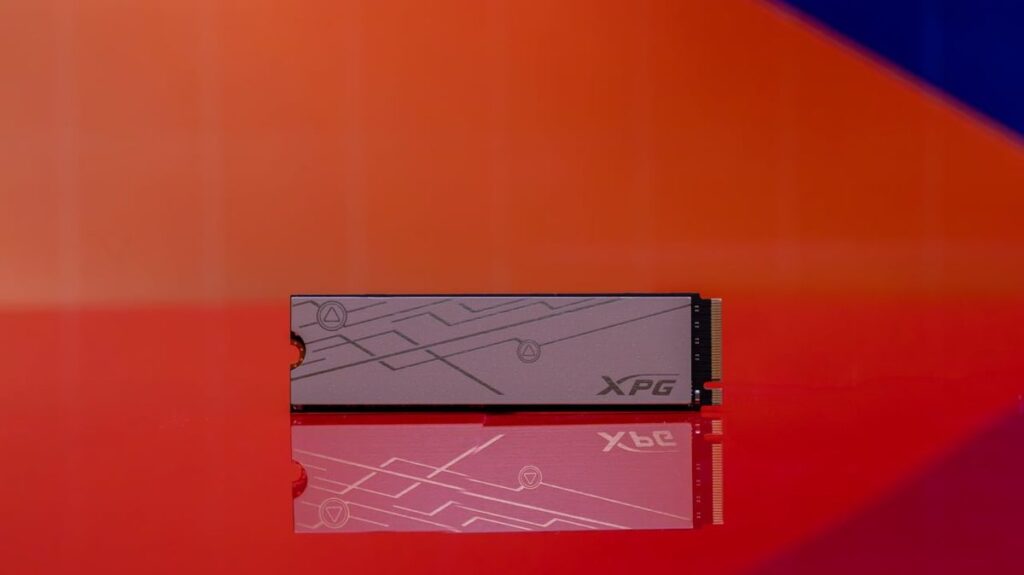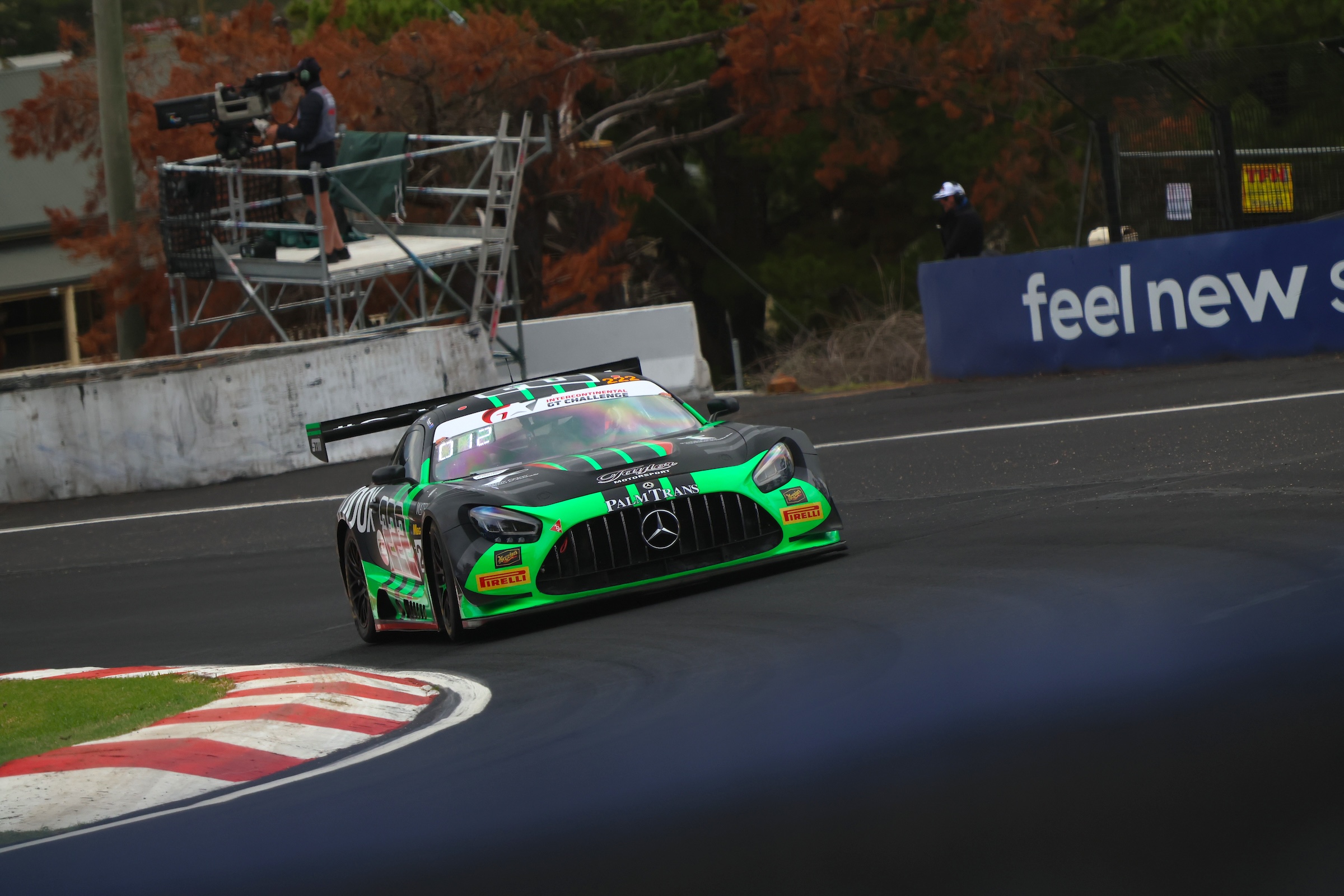
The ADATA XPG Mars 980 Blade, starting at $129.99 for 1TB and $199.99 for 2TB, is the company’s second foray into PCI Express 5.0 internal solid-state drives (SSD). While it offers a significant boost in sequential read/write speeds over its predecessor, the ADATA Legend 970, its overall performance leaves much to be desired. This places the Mars 980 in a challenging position against competitors like the Editors’ Choice-winning Crucial T500 for those content with PCIe 4.0 speeds, and the WD Black SN8100 for those seeking top-tier PCIe 5.0 performance.
The Mars 980 Blade’s design includes a heat spreader and uses the NVMe 2.0 protocol over a PCIe 5.0 bus. It is available in the standard M.2 Type-2280 format and features Micron’s B58R 232-layer 3D TLC NAND flash along with a Silicon Motion SM2508 controller. This controller is known for its high performance and energy efficiency, and it is also found in models like the Crucial T710 and Lexar NM1090 Pro.
Design and Compatibility
The Mars 980 Blade comes equipped with a thin aluminum heat spreader, allowing it to fit snugly into devices like the Sony PlayStation 5, albeit at reduced PCIe 4.0 speeds due to the console’s limitations. The drive is available in 1TB, 2TB, and 4TB capacities, with competitive pricing for a PCIe 5.0 SSD.
Durability is a key selling point, with the Mars 980 Blade boasting higher lifetime write capacities compared to many of its peers. For example, it surpasses the Corsair MP700 Pro and the ADATA Legend 970 in terms of terabytes written (TBW), and even the Crucial T700 series. The drive is covered by a five-year warranty, or until the TBW limit is reached, offering peace of mind for users.
System Requirements
To fully utilize the Mars 980 Blade’s capabilities, users must have a system that supports PCIe 5.0. This typically requires the latest desktop hardware, such as Intel’s 12th Gen or later Core CPUs with compatible motherboards, or AMD’s Ryzen 7000 or 9000 processors with AM5 motherboards. It’s crucial to verify that the motherboard includes a PCIe 5.0-capable M.2 slot, as not all do.
Performance Analysis
Benchmarking the Mars 980 Blade on a testbed featuring an ASRock X670E Taichi motherboard and an AMD Ryzen 9 7900 CPU revealed mixed results. While the drive excelled in Crystal DiskMark’s sequential speed tests, achieving impressive read and write speeds, its performance in other benchmarks was less stellar.
Benchmark Results
In PCMark 10 Storage tests, which simulate everyday tasks like launching applications and copying files, the Mars 980 Blade’s performance was underwhelming, ranking near the bottom among Gen 5 SSDs. Its results in trace-based tests, such as Photoshop launching and Windows booting, were similarly lackluster.
The 3DMark Storage benchmark, which evaluates gaming-related tasks, placed the Mars 980 Blade near the bottom of the pack, ahead of only the Lexar NM1090 Pro. These results suggest that while the Mars 980 is competent for straightforward file transfers, it struggles in more demanding scenarios.
Conclusion and Market Position
The ADATA XPG Mars 980 Blade presents a compelling option for those seeking an affordable entry into PCIe 5.0 SSDs, particularly if sequential speed is a priority. However, its overall performance may not justify the investment for users who require top-tier performance across a range of tasks.
As the market for PCIe 5.0 SSDs continues to evolve, the Mars 980 Blade’s position is challenged by competitors offering better-rounded performance. For those who can leverage its strengths, it remains a viable option, but others may find greater value in alternatives like the Crucial T500 or WD Black SN8100.





